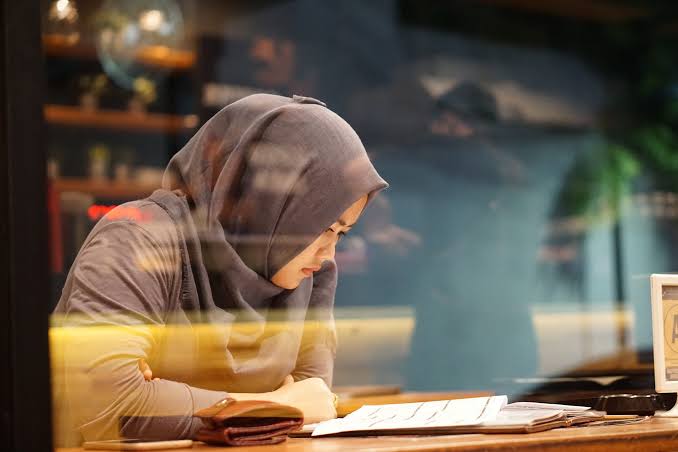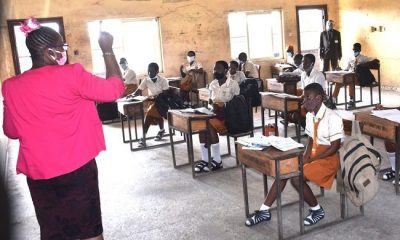Opinion
Respecting Ramadan Without Promoting Boko Haram
By Benjamin Abioye

Respecting religious beliefs and practices is important in a diverse society.
However, shutting down schools for five weeks during Ramadan, as recently done in some northern states of Nigeria, raises serious concerns. Is it not indirectly promoting the ideals of Boko Haram that point to education as evil?
While fasting is a significant part of Islam, education should not come to a complete halt, especially in a region where millions of children are already out of school.
Northern Nigeria faces a major education crisis, with a large percentage of out-of-school children. Many factors, including poverty, insecurity, and cultural practices, have contributed to this problem. Closing schools for an extended period during Ramadan will only worsen the situation. Children need consistency in learning, and long breaks often lead to loss of knowledge, reduced motivation, and an increased risk of dropping out.
Additionally, many students are preparing for important exams such as the West African Senior School Certificate Examination (WASSCE) and the Unified Tertiary Matriculation Examination (UTME). Losing five weeks of study time can negatively impact their performance and future opportunities.
Instead of completely shutting down schools, a better approach would be to adjust school hours during Ramadan. Schools can start earlier in the morning and close by noon, allowing fasting students to observe their religious duties while still continuing their education. This is a system that has worked in many Muslim-majority countries and ensures that students do not fall behind in their studies.
This way, both religious observance and education can go hand in hand without one being sacrificed for the other.
Nigeria is a multi-religious country, and not all students in these states are Muslims. Christian, traditionalist, and other non-Muslim students should not be forced to stay at home simply because their Muslim classmates are fasting. Learning is a fundamental right, and schools should remain open for students who are willing and ready to continue their education.
If some students and teachers choose to fast, they should be accommodated, but it should not lead to a total shutdown of academic activities. Even within Islam, there is no strict rule that says schools must close during Ramadan. Many Islamic countries continue schooling with slight adjustments to schedules.
While it is important to respect religious traditions, it is equally important to ensure that education does not suffer. Northern Nigeria, which already struggles with low school attendance, cannot afford to put learning on hold for five weeks. A smarter solution would be to reduce school hours rather than shutting down completely.
By finding a balance, both fasting students and non-fasting students can be accommodated. This way, religion is respected, and education continues—ensuring that no child is left behind.
Send Us A Press Statement Advertise With Us Contact Us
And For More Nigerian News Visit GWG.NG







